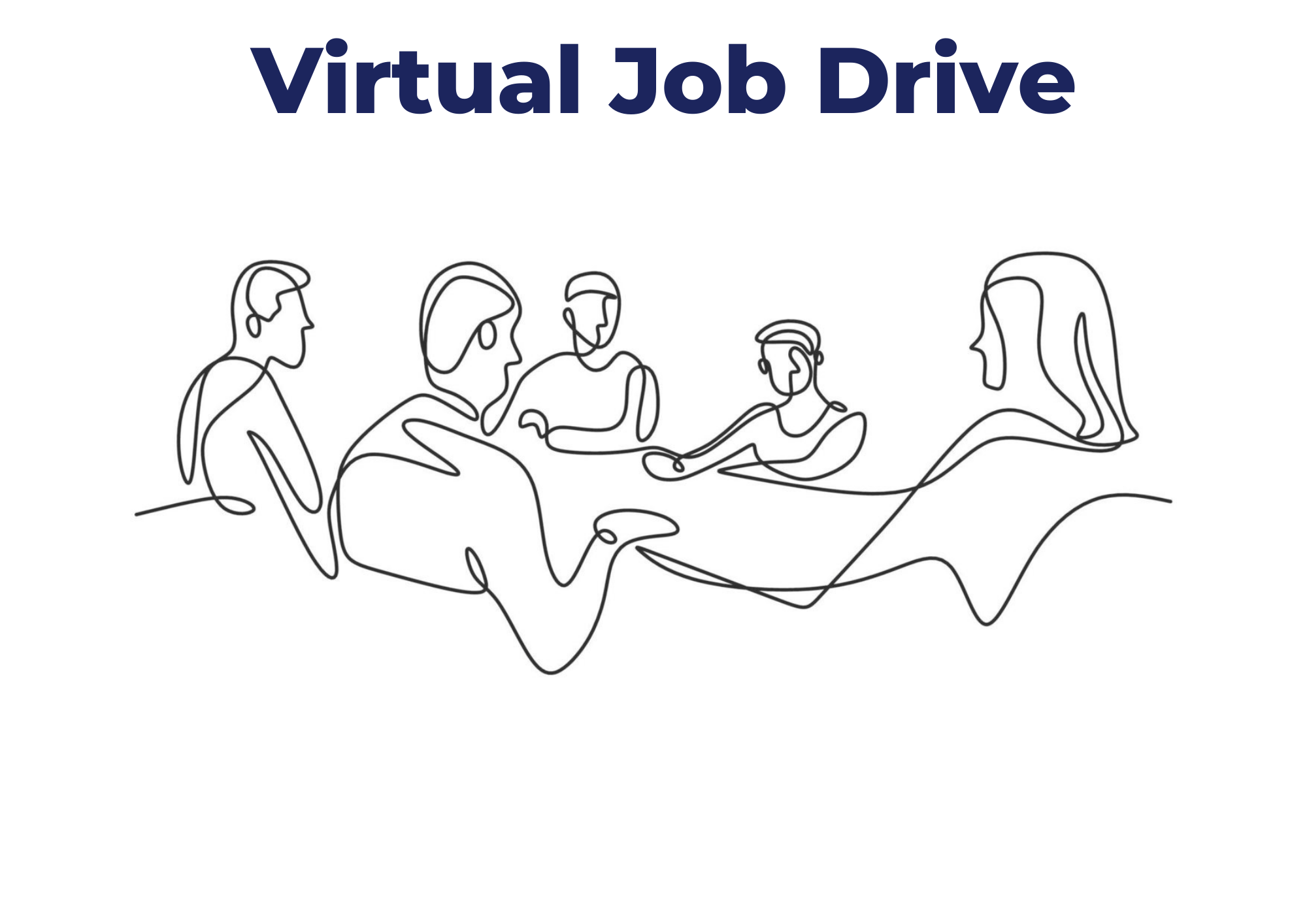How to Search for a Job in 2020
Here are ten steps you can take to find a new job, including where to look for jobs, the top job sites to use, how to use your connections to boost your job hunt, how to ace the interview, how to follow up, and more advice on how to get hired for your next job.
#### 1. Find the Best Job Listings
What are the best sites to use to find job openings fast? Check out the best job search engine sites, job banks, company websites, networking sites, niche job sites, and sites listed by type of job. Also, consider working with a recruiter to maximize your opportunities. Review a list of the best job sites to use to get started.
#### 2. Keep Your Job Search Focused
Use the job search engines to find jobs by using keywords that match your interests and the location where you want to work. Narrowing your search criteria will help you focus your job search and will give you more relevant job listings to review and fewer non-relevant job listings to weed through. Use advanced search options to drill down to the location where you want to work and the specific positions you're interested in.
#### 3. Build Your Professional Brand
Create profiles on LinkedIn and other networking sites. A strong personal brand that portrays you in a professional light will provide recruiters, employers, and contacts with a strong positive impression of you as a candidate they should be interested in.
#### 4. Connect With Your Contacts
Now that you've created profiles on networking sites, start using them. Connect with everyone you know, because you never know which contact may be able to help you with your job search or put you in touch with someone who can. If you're a college graduate, check out the networking opportunities available for alumni from your university. Do you belong to a professional association? It will be another good source for networking leads.
#### 5. Use Job Search Apps and Tools
There are a variety of apps, widgets, gadgets, and tools that will help you to expedite your job search and manage your career. Use them to organize your job search and save valuable job searching time. You'll be able to do many of your job search activities from your smartphone or tablet.
#### 6. Create a List of Companies You'd Love to Work
Do you have a list of companies you would like to work for? If not, it's a good idea to research company information and create a list of companies to target in your job search. All the information you need is available on the web, and it's easy to find detailed information about potential employers online. Once you have a list of dream employers you'd love to work for, you can do some special outreach to get your application noticed. You may even be able to sign up to get email notifications for new job openings immediately after they are posted.
#### 7. Take the Time to Target Your Resume and Cover Letter
How do employers know that you've got the skills they are looking for? You'll need to show them. It's important to take the time to write targeted resumes and cover letters that specifically link your qualifications to the hiring criteria for the jobs you are applying for.
The hiring manager will be able to see, at a glance, why and how you are qualified for the job. You'll have a much better chance of getting an interview than if you merely sent a generic letter and resume.
#### 8. Prepare to Ace the Interview
Taking the time, in advance, to prepare for an interview will help you succeed. The more prepared you are, the less stressful it will be.
Research the company before you go for the interview, dress appropriately, practice answering and asking interview questions, and make a concerted effort to impress the interviewer with your skills, experience, confidence, and expertise.
#### 9. Don't Forget to Follow Up
It's important to follow up after an interview by thanking everyone you met with. Also, reiterate your interest in the position and remind the hiring manager why you're an excellent candidate for the job.
Everyone likes to be appreciated, and a quick email or note thanking the interviewer for his or her time will give you another opportunity to make a good impression.
#### 10. Accept (or Decline) a Job Offer
When you receive a job offer, it's important to take the time to carefully evaluate the offer so you are making an educated decision to accept, or to reject, it.
You don't have to accept a job just because it was offered to you, but do carefully evaluate it and if you decline, do so politely. Keep in mind that it doesn't have to be a "yes" or "no" decision. You may be able to negotiate the terms by making a counter offer. Or, you may be able to negotiate some extra perks that would make the job more enticing.
QUANTUMHUNTS Official
Aparna is the CEO and Founder of QuantumHunts. She has successfully managed HR practices in Automotive & IT industry. She is technology enthusiast, passionate about startups, artificial intelligence and the modern-day technologies. She holds an Bachelors of En...

Interesting Reads
Join our weekly meetup to focus on your job search and career.

Jobs
Explore relevent opportunities using Jobs at QuantumHunts. Get the latest jobs and industry news.

